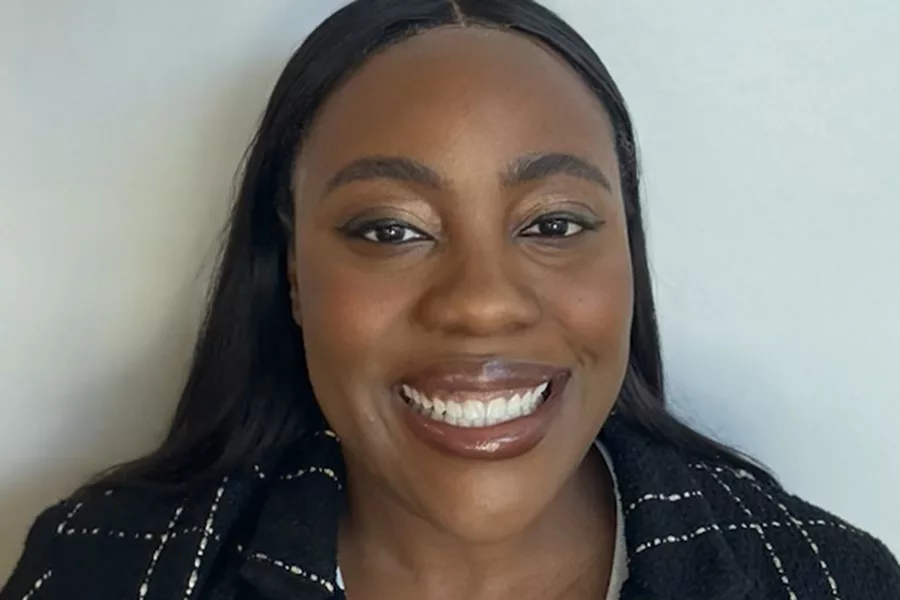
Home » Women’s commission’s new leader is ready to get to work
Women’s commission’s new leader is ready to get to work

Brittany Gregory
June 12, 2025
Expanded workplace accommodations for pregnant workers.
Protections for immigrant workers from employer coercion regarding wages.
New requirements for post-secondary educational institutions when it comes to student survivors of sexual assault, including prohibiting nondisclosure agreements.
These are some of the policy victories the state’s Women’s Commission notched during the most recent legislative session as it worked to encourage women to pursue careers, support them in the workplace and secure their success.
At the same time, there were setbacks, due to the deficit state lawmakers had to wrestle with. And though the legislative session may be over, issues affecting women in the workplace are also coming down from the federal level.
But Brittany Gregory, the commission’s newly installed director, says she’s not intimidated and is ready to get to work, both in advocating for women who work and also in making sure they have the resources they need.
“I know we are facing some challenging times ahead but I really am excited to get started,” Gregory recently told the Tri-Cities Area Journal of Business
Created in 2018, the commission is a cabinet agency of the governor’s office, charged with serving as the primary voice in government for Washington women and girls via policy development on issues ranging from child care access, equal pay, gender-based violence and other inequities.
Ferguson appointed Gregory, who served as his deputy legislative director during his tenure as attorney general, in early May.
Gregory said it wasn’t a big surprise when the state’s budget deficit hit programs benefiting women, specifically those related to victim services. But having several bills supported by the commission become law was important and will shore up needed protections.
The commission also had reported positive developments earlier in the year, including increasing representation of women on corporate boards due to the Women on Corporate Boards Act which became law in 2020.
Data released this spring showed Washington state was an exception to the rest of the country in narrowing the overall gender pay gap for women by $1,000.
However, that wage gap still means a woman makes $17,400 less than a man on average, and the gap is even bigger for women of color. Washington still ranks among the bottom ten states in gender pay equity, with the sixth widest wage gap in the nation.
Gregory has her eyes on addressing that. She plans to continue supporting the Activate 3.8 initiative, launched last year as a means to close the gender wage gap by encouraging more girls to pursue careers in science, technology, engineering and math (STEM).
But she also wants to do more for women in industries they have traditionally dominated, such as education and health care, but are still undervalued compared to male-dominated fields.
There’s been improvement with more women serving on corporate boards but that doesn’t mean more can’t be achieved, she said.
“I want to put a little more teeth in the enforcement part of the bill,” Gregory said.
She also anticipates becoming more involved at the federal policy level, as Congress and the Trump administration take actions that some perceive as minimizing women’s contributions and pushing them out of the workplace.
The commission is already working on launching an online resource hub later this year to offer updates on the latest federal impacts on working women and tools and information to help women be successful.
“My priority is getting women employed and staying employed and that means eliminating barriers in education and child care and protecting reproductive rights,” she said.
Diversity Women in Leadership
KEYWORDS June 2025
Related Articles
Related Products





